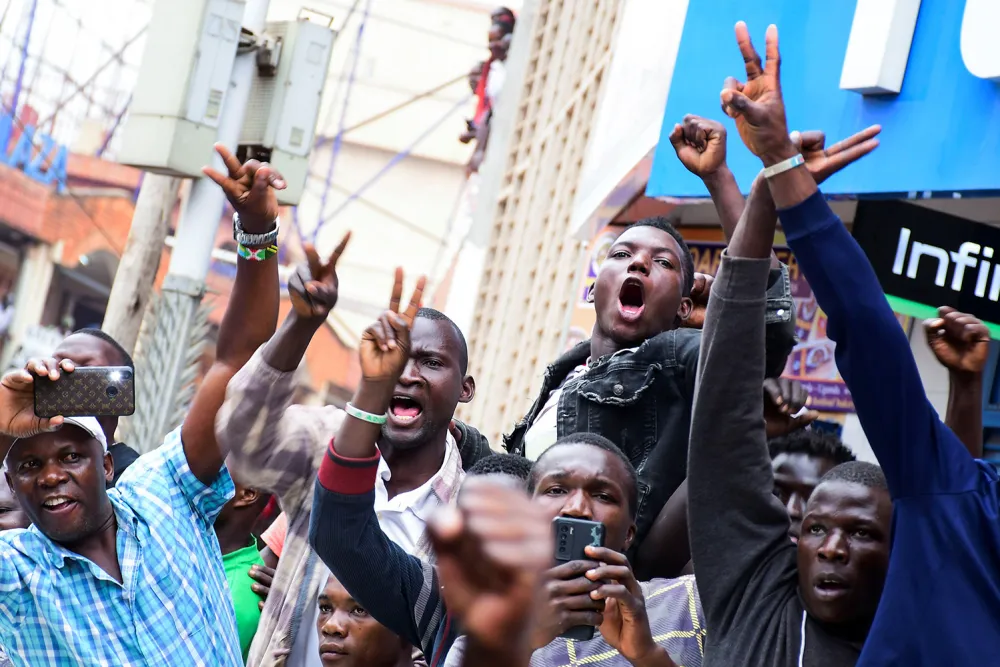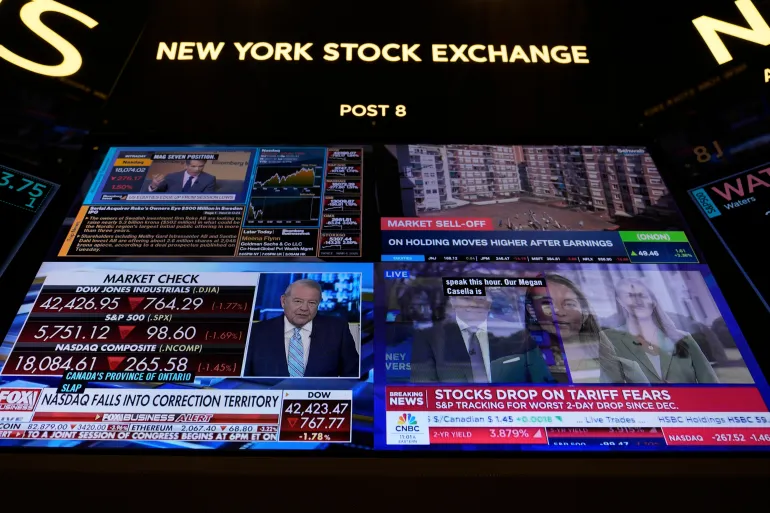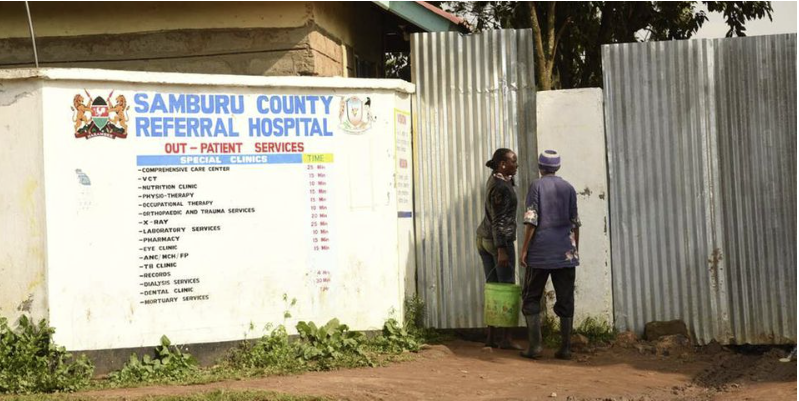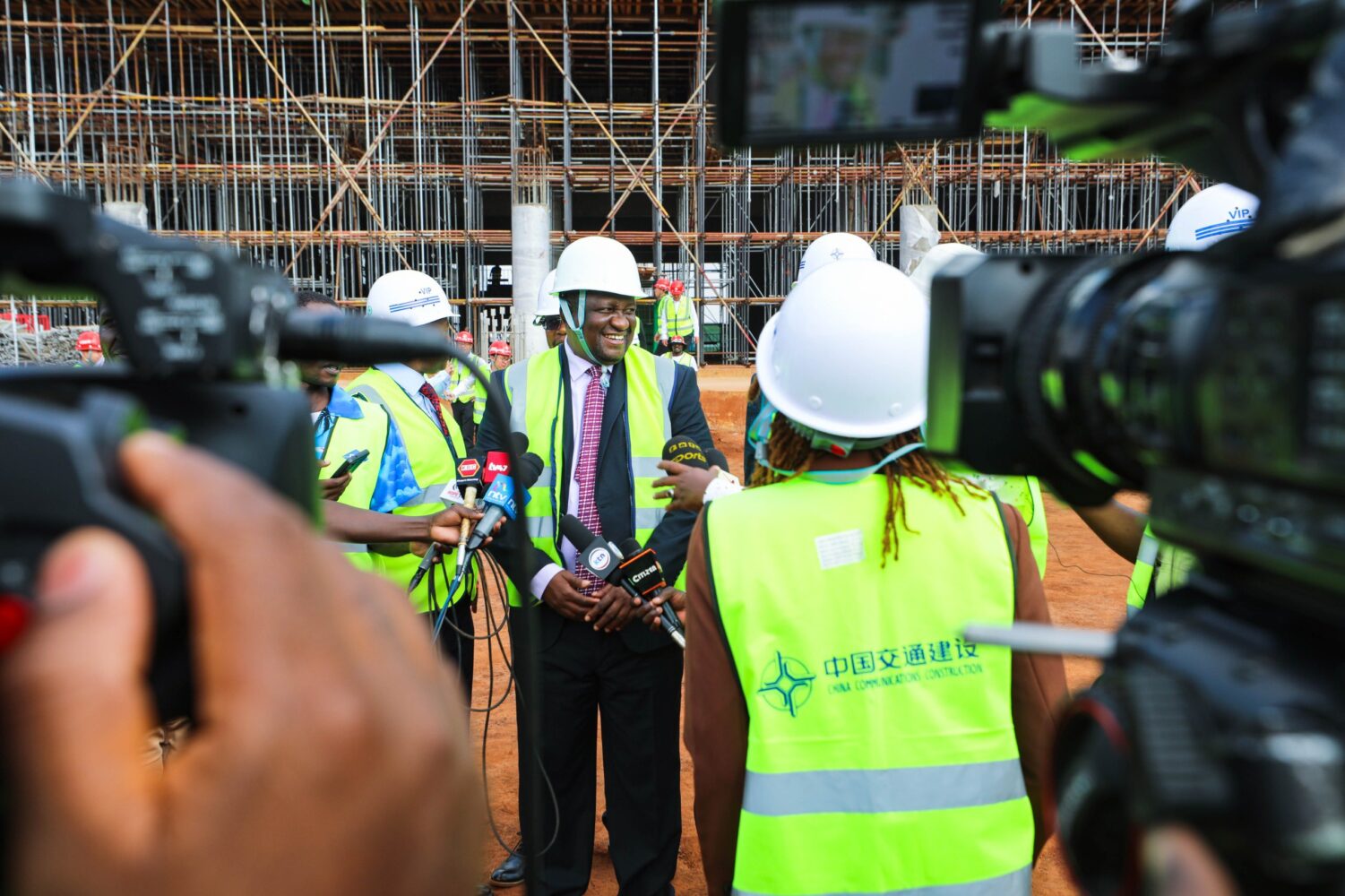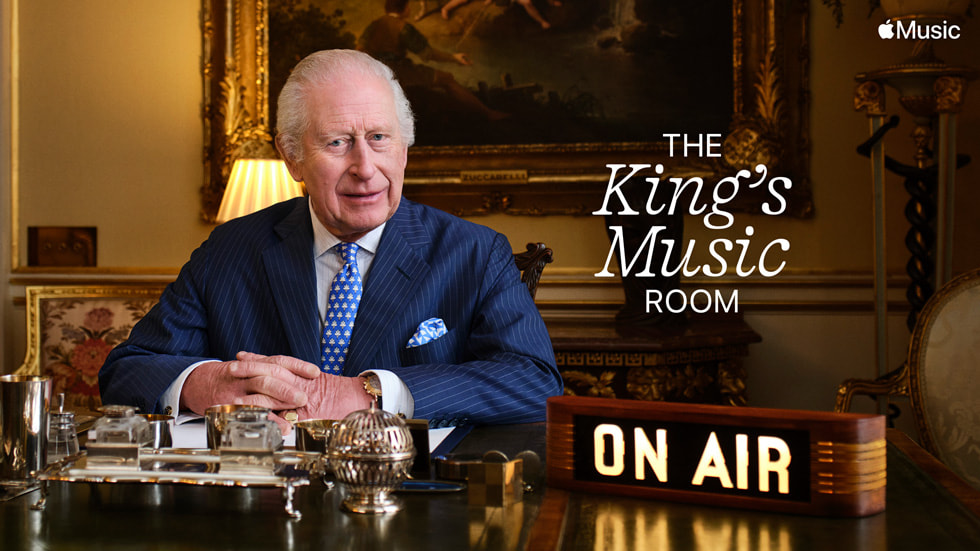Forty years ago, the way to overthrow a government in Africa was through rural insurrection, like the one that brought Ugandan President Yoweri Museveni to power. Today, opposition leaders instead largely try to mobilize urban protest, as seen in the revolution that toppled Sudanese dictator Omar al-Bashir in 2019.
Politics is urbanizing because society is, too. In about a decade, more Africans will live in urban areas than in the countryside; within a generation, African cities will be twice as big as they are now. This transformation owes less to the visions of government planners than it does to the dreams of informal workers. The continent’s traders, shopkeepers, and transport operators are inventing new cityscapes and new kinds of class politics—and rattling the regimes that rule them.


